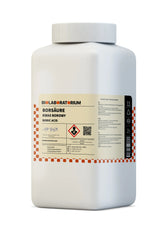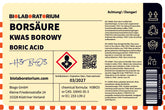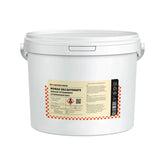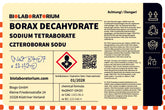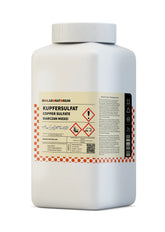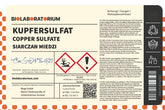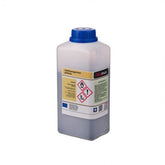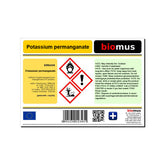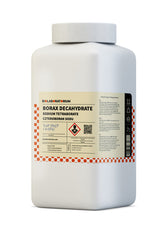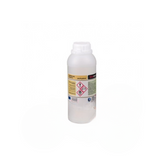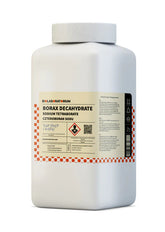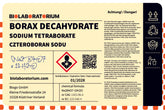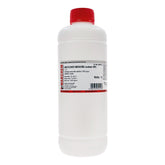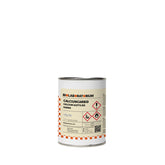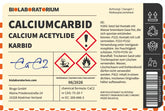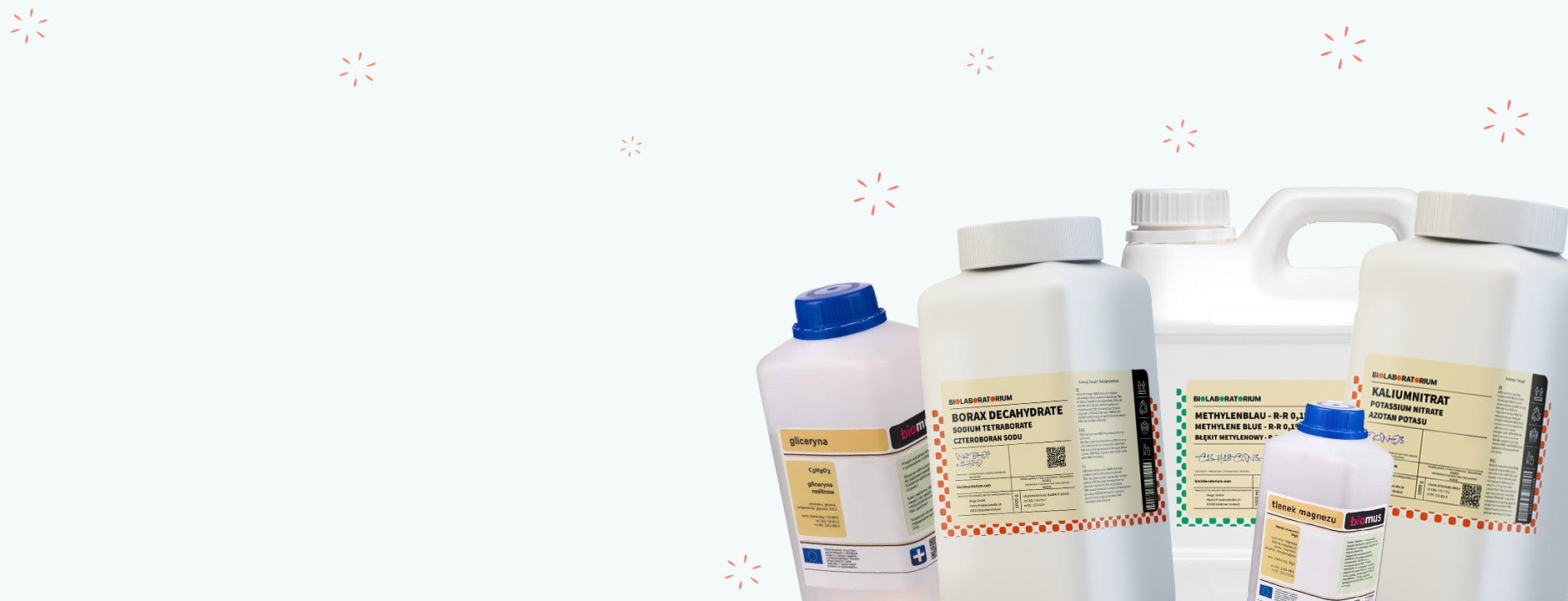Sodium sulfate: Versatile helper in household and industry
Sodium sulfate, also known as Glauber's salt, is a widely used chemical salt employed in a variety of applications. This mineral has a long history and has been used for centuries in various fields. From household to industry – sodium sulfate is a true all-rounder.
The properties of sodium sulfate
Sodium sulfate is a crystalline, white powder that is easily soluble in water. It has high chemical stability and is resistant to both acids and bases. Furthermore, it is non-flammable and has a high melting point of over 800°C. These properties make sodium sulfate a versatile substance.
One of the most important properties of sodium sulfate is its ability to bind water. It can absorb up to 55% of its own weight in water without losing its structure. This property makes sodium sulfate an excellent drying agent used in numerous applications.
Chemical composition and structure
Sodium sulfate consists of the elements sodium (Na) and sulfur (S), bonded to four oxygen atoms (O). The chemical formula is Na2SO4. In its crystalline form, sodium sulfate occurs as decahydrate (Na2SO4 · 10 H2O), where ten water molecules are incorporated into the crystal structure.
This crystal structure gives sodium sulfate its characteristic properties such as high solubility in water and the ability to bind moisture. Depending on the application, sodium sulfate can also occur in other hydrate forms such as the monohydrate (Na2SO4 · H2O) or the heptahydrate (Na2SO4 · 7 H2O).
Sodium sulfate as a drying agent
One of the main applications of sodium sulfate is its use as a drying agent. Due to its ability to bind large amounts of water, it is often used to remove moisture from products or materials.
Use in household items
In households, sodium sulfate is used in products such as desiccants for salt, spices, or animal feed. By placing sodium sulfate bags or tablets in these containers, moisture is effectively absorbed, preventing clumping or spoilage of the products.
Sodium sulfate is also used in dehumidifiers for rooms. Here it absorbs excess moisture from the air, creating a more pleasant indoor climate.
Industrial applications
In industry, sodium sulfate is also frequently used as a drying agent. For example, it is used to remove moisture from paints, coatings, adhesives, or oils. It is also used in pharmaceuticals and cosmetics to keep active ingredients or formulations dry.
Moreover, sodium sulfate is used in technical processes to dry gases or liquids. It serves as an efficient means to remove residual moisture and thus ensure the quality and durability of the final products.
Sodium sulfate as a filler
Besides its function as a drying agent, sodium sulfate is also used as a filler in a variety of products. Its chemical stability, non-toxicity, and availability make it an ideal additive.
Use in cleaning agents
In cleaning products such as detergents, dishwashing liquids, or cleaning agents, sodium sulfate serves as a filler. It increases the volume of formulations without affecting their effectiveness. At the same time, it improves the flow properties and dosing of the products.
Use in building materials
Sodium sulfate is also used as a filler in the construction industry. For example, it is used in gypsum boards, cement, or mortar to improve material properties and reduce costs.
Furthermore, sodium sulfate is used in ceramic products such as tiles or sanitary ceramics to increase strength and durability.
Sodium sulfate in the chemical industry
In addition to the applications already mentioned, sodium sulfate also plays an important role in the chemical industry itself. Here it serves as a raw material for the production of other chemical compounds.
Chemical manufacturing
Sodium sulfate is used in the production of sulfuric acid, sodium carbonate, and other sodium compounds. These chemicals, in turn, are used in numerous industrial processes and products.
Use in glass manufacturing
In the glass industry, sodium sulfate is an important component of the glass melt. It serves as a decolorizing agent and flocculant or clarifying agent to improve the quality and transparency of the glass.
Conclusion
Sodium sulfate is a versatile chemical salt used in a variety of applications. From its function as a drying agent in household and industrial products to its use as a filler in building materials and chemical processes – sodium sulfate is a true all-rounder.
Its excellent properties such as solubility, stability, and moisture retention make it an indispensable component of many products and manufacturing processes. Whether in households or industry – sodium sulfate is an important helper that is indispensable in our modern world.

